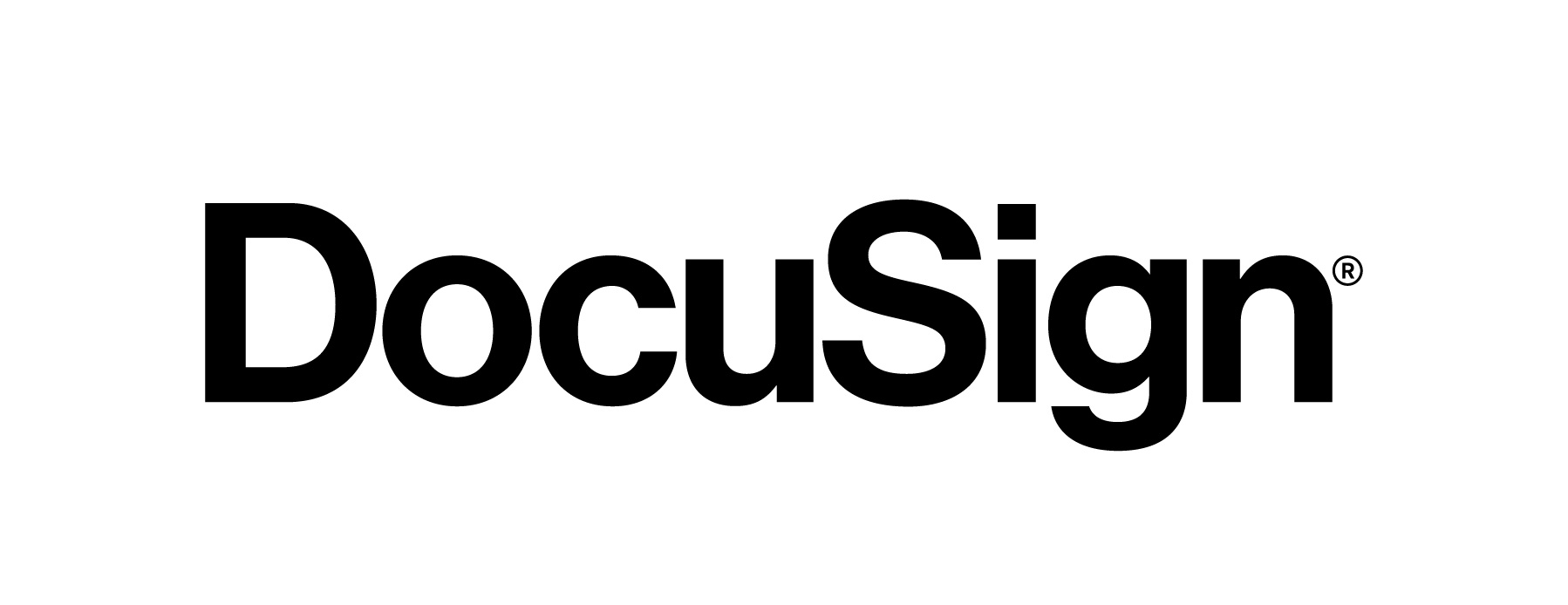Presented by
DocuSign

The ability to swiftly and effectively serve citizen needs has become more important than ever. The combination of the COVID-19 pandemic and heightened citizen expectations for self-serve, mobile-friendly, digital tools that are available 24/7 is creating the need for a more digitally agreeable government.
To achieve a new level of efficiency and effectiveness, agencies need to move away from the cumbersome mountains of paperwork that slow down mission success. In fact, every year, government agencies spend a combined $38.7 billion on paper-intensive, manual processes that hinder mission success.
In addition, the combination of the COVID-19 pandemic and heightened citizen expectations are increasing the need for states to process millions more applications, permits, and licenses today than ever before. These include everyday critical paperwork like timesheets to ensure that employees keep getting paid, invoices, HR forms (I-9s), contracts and much more.
COVID-19 remote-working mandates have also put a spotlight on paper-based processes that are hindering overall government employee success. As a result, agencies need a solution that is scalable fast and can be provisioned and rolled out remotely.
Building a Digitally Agreeable Government
Just as the business world runs on agreements, government business is no exception. As a staple of government, forms are simply templates for agreements that must be prepared, signed, acted on and managed. A digitally agreeable government can make agreements easier for both citizens and public servants while also reducing the environmental footprint.
Agreements are also used for internal activities – from facilities and IT to human resources, procurement, and inter-agency business. This includes everyday critical paperwork like timesheets to ensure that employees keep getting paid, invoices, HR forms (I-9s), and contracts.
When agreements can be done faster with less risk and lower cost, citizens, employees and government administrators all have better experiences.
This is where a digitally agreeable government comes into play. From contracting work, invoice appraisals, employee timesheets, medical consent forms, supplier agreements, education programs to legal proceedings and more, agencies can digitize their paperwork to streamline all forms, agreements and overall processes.
More than 1,300 federal, state and local government agencies in all 50 states use DocuSign to digitize electronic forms, agreements, applications, correspondence management and approval processes. This has allowed government to focus on the mission by eliminating manual tasks around signing, routing and filing government paperwork.
Case Studies: Government Agencies Being More Digitally Agreeable
From housing authorities to ACA marketplaces that better serve disabled citizens, a number of state and local agencies have already achieved success by being more digitally agreeable.
For example, city-level housing authorities manage complex webs of agreements for providing housing assistance for low-income residents. As one of the fastest-growing U.S. cities, the City of San Antonio had to best manage its population boom while also meeting the housing needs through the San Antonio Housing Authority (SAHA).
In order to meet this demand, and move away from relying on disparate systems for signing and tracking agreements, SAHA turned to DocuSign to document and track business partnerships and ongoing opportunities. As a result, the time to complete procurement requests went from three weeks to only two days – providing more time for employees to focus on serving the community.
With its massive population, the State of California also needed a better way to help citizens to sign up for ACA-compliant health plans through its state-based marketplace called Covered California.
As such, it turned to DocuSign to create a custom solution for automating processes for reviewing and approving agreements from the entities that provide Californians with access to ACA-qualified health plans. All agreements now move seamlessly through the approval process, which is trackable, secure, transparent, and 100 percent automated.
Providing essential services to the disabled is vital for state and local governments. In Santa Barbara, Calif., the Tri-Counties Regional Center connects 13,000 of these citizens to the resources they need to enhance their quality of life.
Tri-Counties needed a more efficient agreement management process to automate and streamline manual, paper-intensive workflows to better serve their clients. As such, it selected DocuSign to expedite critical patient care, and has resulted in 200,000 pieces of paper saved in two years, a 50 percent increase in face-to-face contact with citizens in need, and a 37 percent decrease in staff note taking.
In addition, there are a number of state and local government use cases that highlight how to best digitize paperwork to remotely manage a wide range of routine functions to best serve the public.
How to Get There: Building a More Agreeable Government
Bringing these use cases to life – building a more agreeable government – for state and local agencies is not as challenging as it may seem.
The first step is to find the right e-signature provider that can set you up for greater success at every milestone down the road – and for greater efficiencies across your entire agreement process, not just at the moment of signing.
It’s best to choose a solution that citizens and employees already know and trust to lower your agency’s cost of supporting adoption. Along the same lines, it’s best to choose a solution that easily integrates with your existing business applications.
By leveraging the DocuSign Agreement Cloud for Government, it is possible to streamline the entire agreement process, so civilian agencies can build a solid foundation for future innovation.
The second step is to ensure that the e-signature provider can help prioritize modernization efforts for optimal efficiency and customer experiences. At a minimum, digitize paper-only forms, but the goal should be to make every form digitally fillable, signable and searchable – from nearly any mobile device.
The third step is to modernize the agency’s entire system of agreement. This includes all the people, processes and technologies involved in the entire agreement process – from preparing, negotiating and signing documents, to acting on terms and managing completed agreements.
By selecting the right provider from the start, it’s much easier to modernize the full system of agreements to accelerate any process.
The COVID-19 pandemic has created a sea of change in how the government operates. While the immediate response was challenging for everyone, we can gather lessons learned, and fully embrace the new frontier of digital government and remove the mountains of cumbersome paperwork to become more responsive to both citizen and government employee needs – whether or not we are faced with a pandemic in the future.
This content is made possible by our sponsor Docusign; it is not written by and does not necessarily reflect the views of Route Fifty's editorial staff.
NEXT STORY: Identity Management: How a Platform Approach Can Help Safeguard Elections



